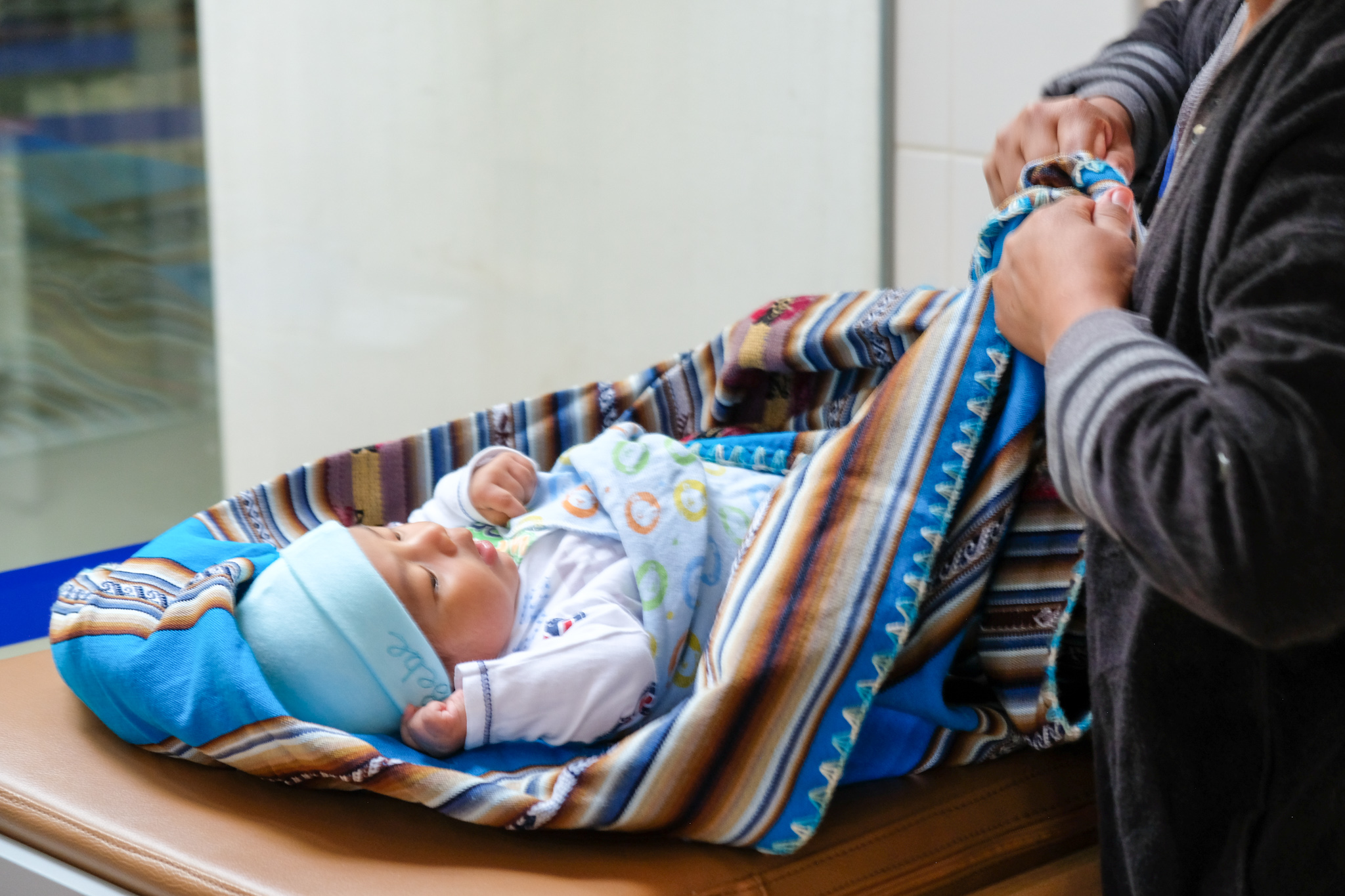Childhood obesity is not a recent problem, however, there has been an alarming increase in this public health problem in recent years. According to the World Health Organization (2021) in 2016 at least 41 million children under five years of age were overweight or obese, representing 18% of the world’s child population and quadrupling the figure of obesity in 1975.
Bolivia does not escape this situation and the numbers are even higher. According to Unicef (2020), 35.6% of children between 5 and 18 years of age in Bolivia have a prevalence of excess malnutrition, of which 39.3% belong to the urban areas of the country.
These data are very alarming since obesity represents a very serious health problem for children who suffer from it. A child with obesity will present breathing difficulties, difficulty sleeping, drowsiness, orthopedic problems, swelling of the feet and ankles, skin disorders, excessive perspiration, diabetes, asthma and even cancer; in addition, the child might have psychological problems due to discrimination and difficulty in relating to other children (Vélez, 2009).
This is why it is very important to prevent and combat obesity, and it is even more important to act in time since “70% of children who suffer from obesity will be obese when they reach adulthood” (Porti, 2006).


